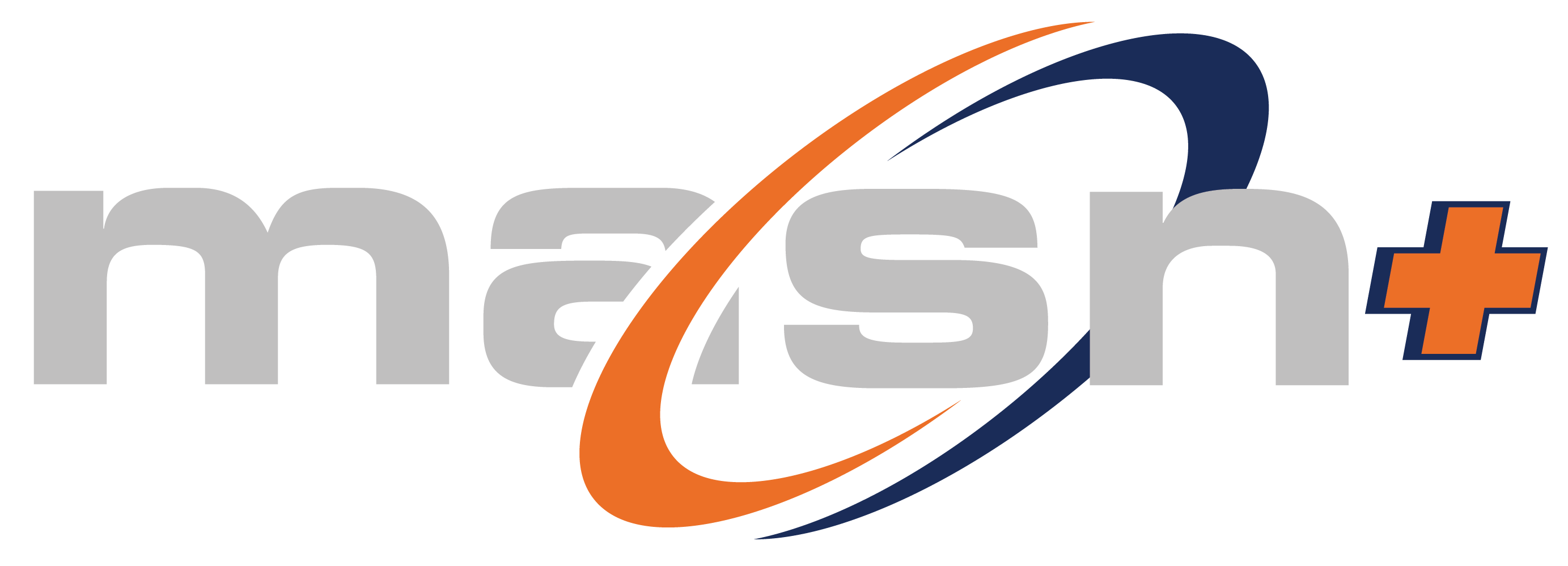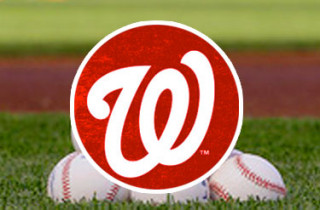AnÃbal Sánchez had recently turned 34 when he made his 2018 debut for the Braves (against the Nationals, for what that's worth). He was the not-so-proud owner of a 10-20 record and 6.09 ERA over the previous two seasons with the Tigers. He had to have at least some doubts deep inside his head that he might never get another significant big league contract.
When he makes his 2019 debut for the Nationals, Sánchez will be 35 and the proud recipient of a two-year deal that guarantees him $19 million and could pay him as much as $29 million if the club picks up an option for 2021.
Not a bad turn of events for the veteran right-hander, eh?
"For me, it's a grateful blessing to have this deal with this team," he said late this afternoon during a conference call to officially announce his signing. "Because at my age and for my career, for me it's really, really important. And that's why I'm grateful to the Lerner family and Mike Rizzo to have me with the team."
 The Nationals are banking on Sánchez having at least two more good years in him after watching him resurrect his career this season in Atlanta. They're banking on his dramatic change in approach, his strong connection with catcher Kurt Suzuki and his longstanding success pitching as an opponent in D.C., believing that combination made him a better choice to be their No. 4 starter over the since-traded Tanner Roark.
The Nationals are banking on Sánchez having at least two more good years in him after watching him resurrect his career this season in Atlanta. They're banking on his dramatic change in approach, his strong connection with catcher Kurt Suzuki and his longstanding success pitching as an opponent in D.C., believing that combination made him a better choice to be their No. 4 starter over the since-traded Tanner Roark.
Likewise, Sánchez believes it should all add up to more success, confident the overhaul he made this year is sustainable.
The overhaul, in its simplest explanation, involved Sánchez throwing fewer fastballs and sinkers in favor of more cutters. Fastballs and sinkers made up 49.6 percent of his total pitches thrown in 2017, with cutters only accounting for 8.6 percent of them. This season, he threw only 37.5 percent fastballs while increasing his cutter usage to 23 percent. He also upped his reliance on his changeup, from 20.9 percent to a career-high 24.9 percent.
Why did he do it? Sánchez came to realize he simply didn't throw as hard as he used to earlier in his career with the Marlins and Tigers. He had a better chance of success throwing his softer pitches that moved more.
"I see that it's not important for me to throw harder, because I can locate better," he said. "And my changeup took the players out of balance most of the time. That helped me to get the season that I wanted last year."
Suzuki played a major role in the turnaround. The two were batterymates for 16 of Sánchez's 25 outings, and together they produced a 2.82 ERA and .620 opponents' OPS for a Braves club that surprisingly won a division title.
The Nationals signed Suzuki to a two-year, $10 million deal last month. And though they also traded for All-Star catcher Yan Gomes, don't be surprised if Suzuki gets significant time behind the plate when Sánchez is on the mound.
"That's a big thing for me," Sánchez said. "Especially because of the way I pitch in 2018; Suzuki was involved in everything. In every change that I made, every sequence that we worked for, Suzuki was really involved."
By accepting you will be accessing a service provided by a third-party external to https://www.masnsports.com/






